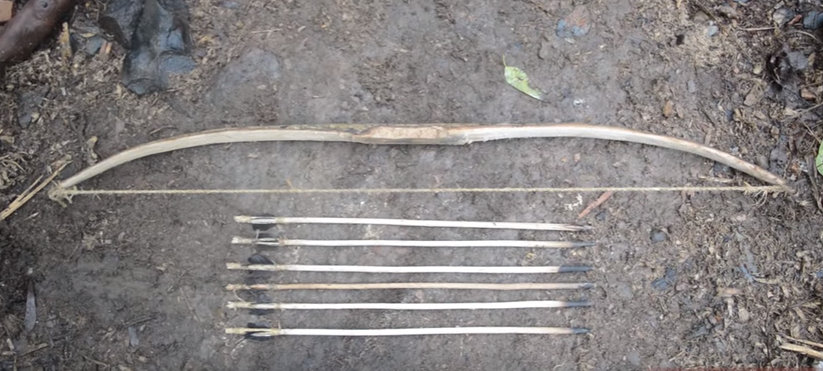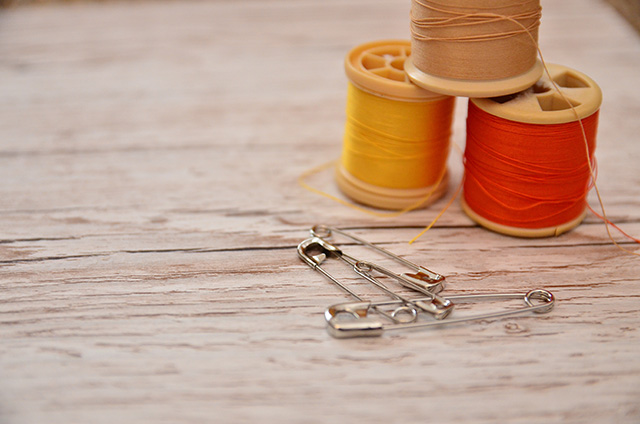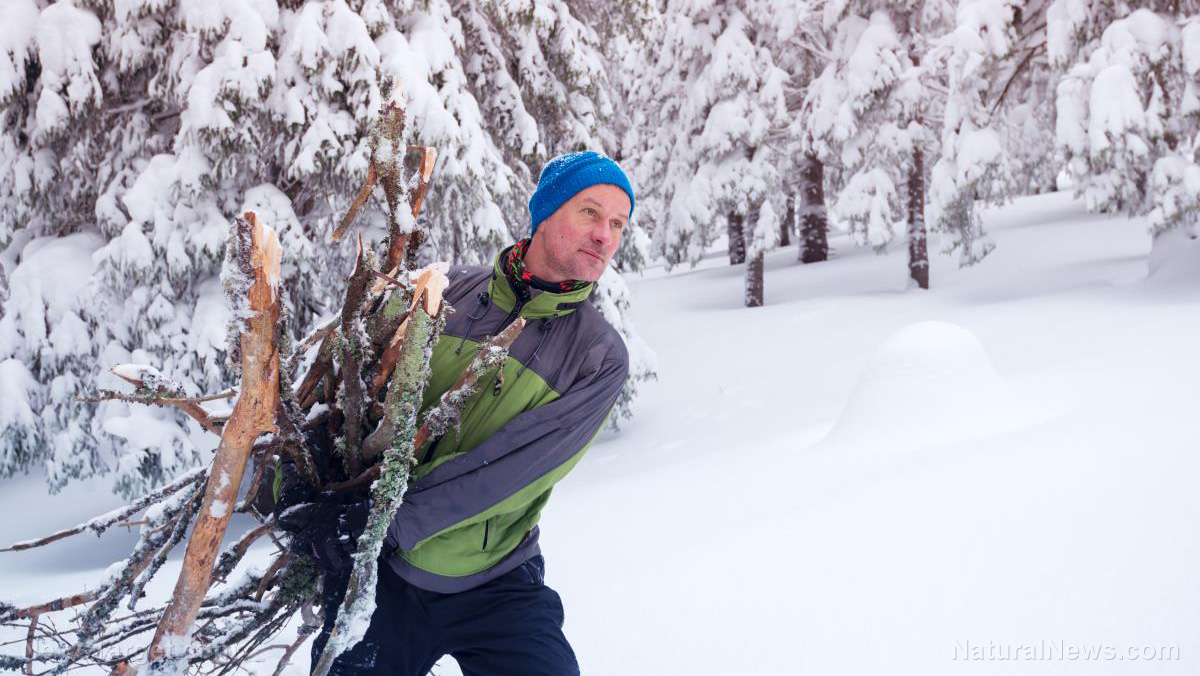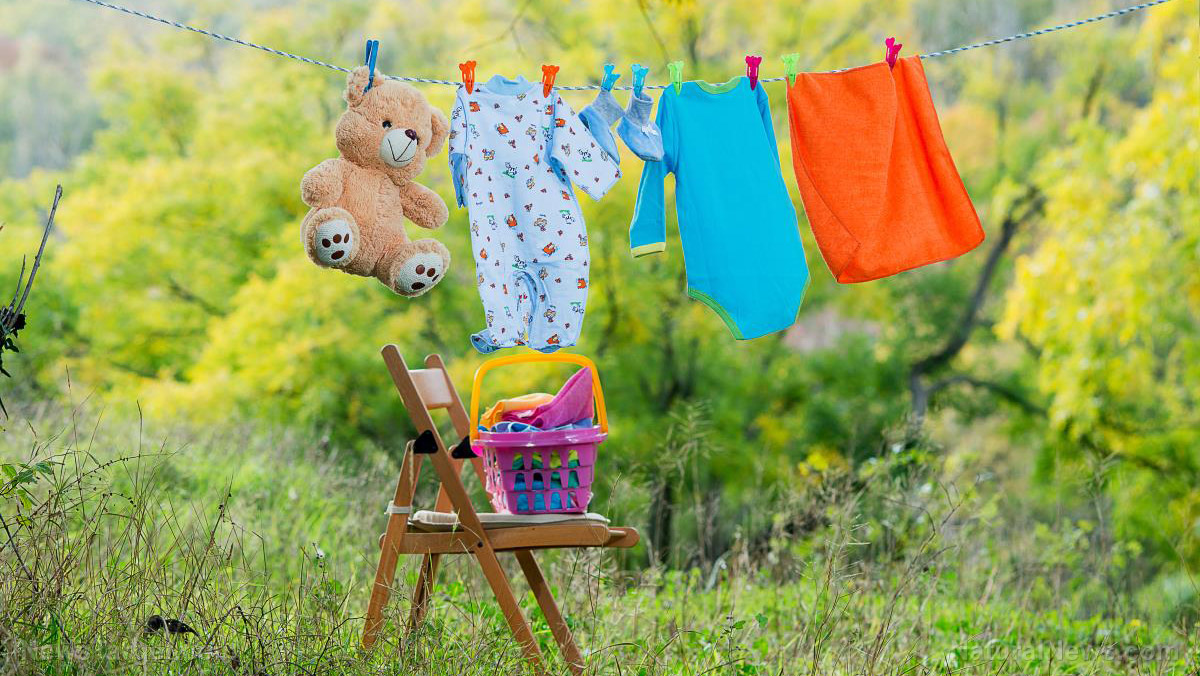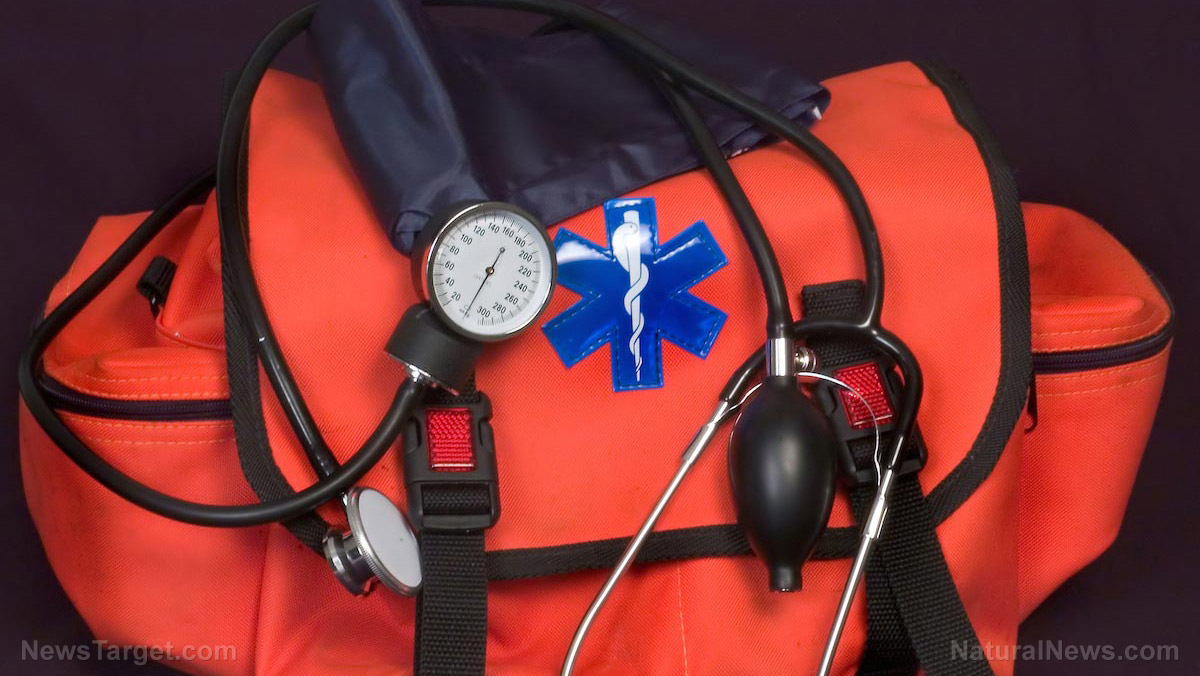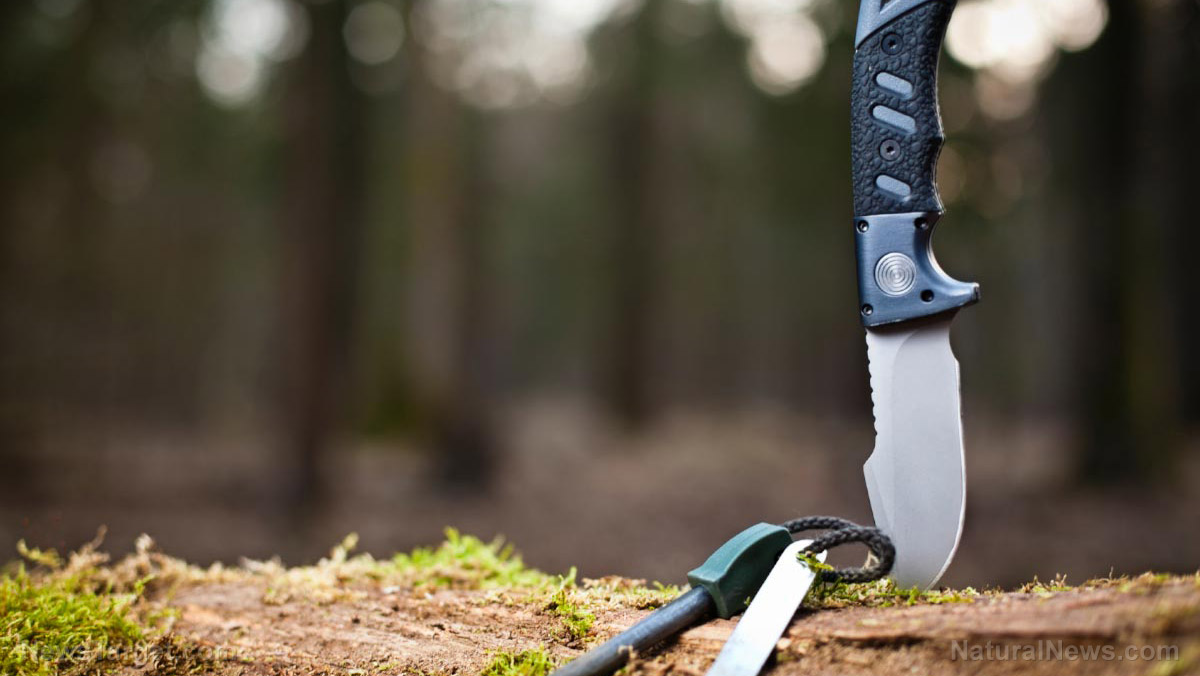Most of us have an inadequate bug out plan — here are tips for bugging out better
07/10/2018 / By Vicki Batts
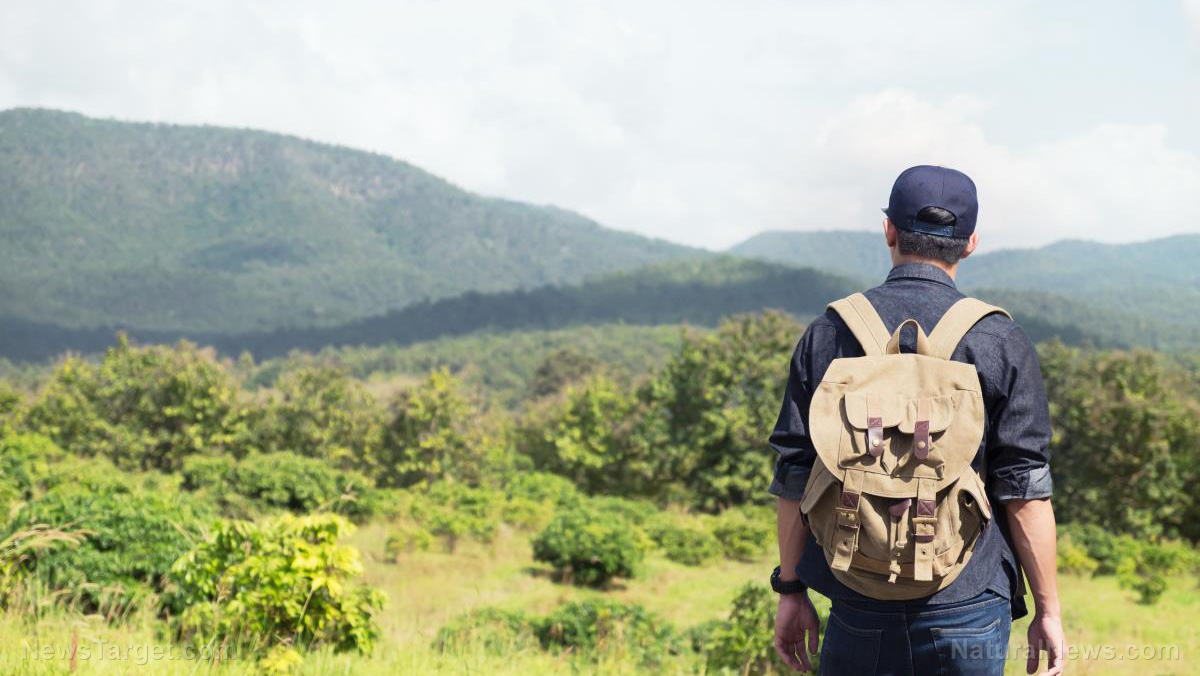
When it comes to the world of prepping and bugging out, newcomers are often filled with lots of questions about what they need and where they should go when disaster strikes. But even the most seasoned prepper can benefit from reviewing and fine-tuning their bug out plans now and again. When the time comes to bug out, you want things to run as smoothly as possible — but you also want to be sure that you and your loved ones have everything you need to survive. Reviewing your itinerary and securing necessary supplies before you actually need them is essential to putting together a bug-out plan that works. Here are a few tips and tricks to help streamline your bug-out plan and make it the best it can be:
1. Plan out your travels
If you need to leave your home, plan your route before hand — and try to ensure you can stay connected to the latest updates on the situation via radio. Even the best laid plans may need to be changed, especially during a natural disaster. If there’s a hurricane, you may need to change your route due to flooding, for example. If there’s an evacuation notice going on in your city, you might want to take alternate highways to circumvent some of the traffic.
In addition to planning how you’re traveling, you should also plan out where you’re going. Staying with friends or family is generally considered ideal — but may not always be feasible. There’s also hotels, motels or campsites — if you’ve got the supplies for camping. FEMA camps will likely be another option, though not necessarily preferable. Not only does it take time for these camps to be set up, they will be overrun with people. And, depending on what the situation is, there may be no FEMA to fall back on.
2. Pack the essentials
During times of crisis, people are often tempted to secure sentimental items, family heirlooms and other valuables — but under disaster conditions, survival is what should be considered most valuable. Many people wrongly assume the government will provide everything they need during and after natural disasters, but as we’ve seen time and time again, this assumption is a costly one. While the government may do what they can, there are no guarantees — especially if you get stranded.
Some essential items you should pack first include:
- Camping gear
- Fire starters
- Non-perishable food
- Water (and a water filter and containers if possible)
- First aid kit
- Basic tools and survival gear
- Personal hygiene products
- Money and small valuables (like jewelry)
- A full tank of gas (and extra gas cans)
- Map of the area
- Important documents (licenses, birth certificates, social security cards, etc.)
Other items, like wedding albums and baby books, should be packed last — and only if there’s space.
3. Think before you act
As Survivopedia contends, unless you are under extreme circumstances (like a flash flood or tornado), there should be enough time for you to think before acting. Taking the time to breathe and come up with a good strategy can help you keep calm and maintain a degree of organization amid impending chaos. For example: If there is an evacuation warning, you may want to come up with a plan to avoid the heavy amounts of traffic that will undoubtedly consume major interstate highways. If there’s time to plan for that kind of thing, devising a strategy before hitting the road can save you hours of travel time (and untold amounts of stress).
Beyond that, delegating certain tasks to different family members can also help things run more smoothly. While one person fills the car up with gas, another person can be charged with securing the first aid kid and stashing some non-perishable food. Decisions on what supplies, important documents and other items can also be made during the planning phase.
You can learn more about prepping and planning for disaster at Preparedness.news.
Sources for this article include:
Tagged Under: bug out, bug-out plans, chaos, disaster, Gear, off grid, preparedness, prepping, SHTF, survival, survival strategies










